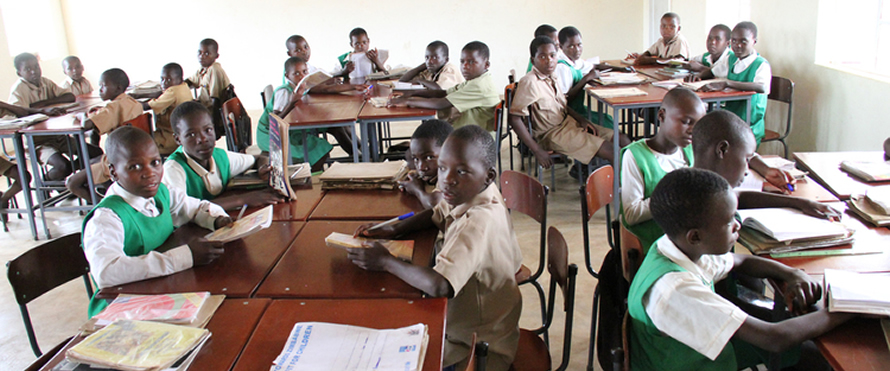
The Sunday Mail

Harmony Agere Sunday Mail Reporter
The Government is now ready to incorporate psychomotor skills training into the primary and secondary school curriculum following extensive consultations.Last week, the Minister of State Responsible for Liaising on Psychomotor Activities in Education, Mr Josiah Hungwe, told The Sunday Mail Extra that his department and the two education ministries concluded consultations recently.
Psychomotor education refers to learning demonstrated through physical skills. Behavioural examples include driving a vehicle or playing a musical instrument.
This new arrangement will see schoolchildren receive vocational, technical and entrepreneurial lessons on top of academic learning.
The format is specifically tailored to equip students with business acumen as opposed to preparing them to eventually become employees.
Minister Hungwe said other stakeholders will soon view a draft framework after which the necessary alignments will be made.
“Psychomotor is about a balanced curriculum with vocational, technical and entrepreneurial activities availed to all learners from Early Childhood Development upwards. My department started by visiting institutions of learning that were involved in some psychomotor activities at school and tertiary level. From our interaction with school heads at ZITF (Zimbabwe International Trade Fair), they appeared to be thrilled with this new concept. An inventory of qualified personnel will have to be done and training of educators will be taken into account.
“It should be noted that due to the deficiency of the current system, qualified practical subject teachers from institutions like Belvedere Teachers’ Training College are being made to teach academic subjects.”
In 1999, a panel of experts that was commissioned to help refine the local education system recommended the introduction of psychomotor training after observing that learning was predominantly academic.
Seasoned educationist Dr Caiphas Nziramasanga headed the panel, which became popularly known as the Nziramasanga Commission and whose key recommendations are now being implemented by Government.
There are still concerns within Government that the available curriculum was crafted around the colonial F1 and F2 education system which primarily produced semi-skilled graduates for capitalist industries.
The African Union has also noted that the problem affects most parts of the continent and is now advocating entrepreneurial skills development via a 50-year plan known as Agenda 2063.
Dr Peter Kwaira, a lecturer in the University of Zimbabwe’s Department of Technical Education, supported the initiative. He, however, said it was important to realign teacher training with the new dispensation.
“The introduction of psychomotor activities in education is very noble. This is so because psychomotor skills come naturally. For example, when a baby is born, it is not taught to suckle on its mother, but it learns naturally.
“The same applies to a person talented in designing; such a student needs to learn theory to understand scientific designing. We already have a good teaching staff, but the teachers should be trained in line with new materials such as the Zim Asset (Zimbabwe Agenda for Sustainable Socio Economic Transformation) and harnessing diamonds.”
However, Education Coalition of Zimbabwe co-ordinator Mr Maxwell Rafomoyo said implementing psychomotor training was impractical.
“I do not like the use of the word psychomotor because I think we should be talking about vocational and technical learning instead.
“We have to go back to the Nziramasanga Commission, which advocates for basic education from primary to secondary level. It is at this stage (secondary) that students opt for either vocational and technical classes or academic or arts classes, depending on ability. Government came up with programmes such as the National Foundation Certificate, which was supposed to be the equivalent to the Zimbabwe Junior Certificate but it just died. I do not see it successfully implementing this one.”
The country requires 8 000 midwives, but only 4 422 are available, thus creating a serious crisis




